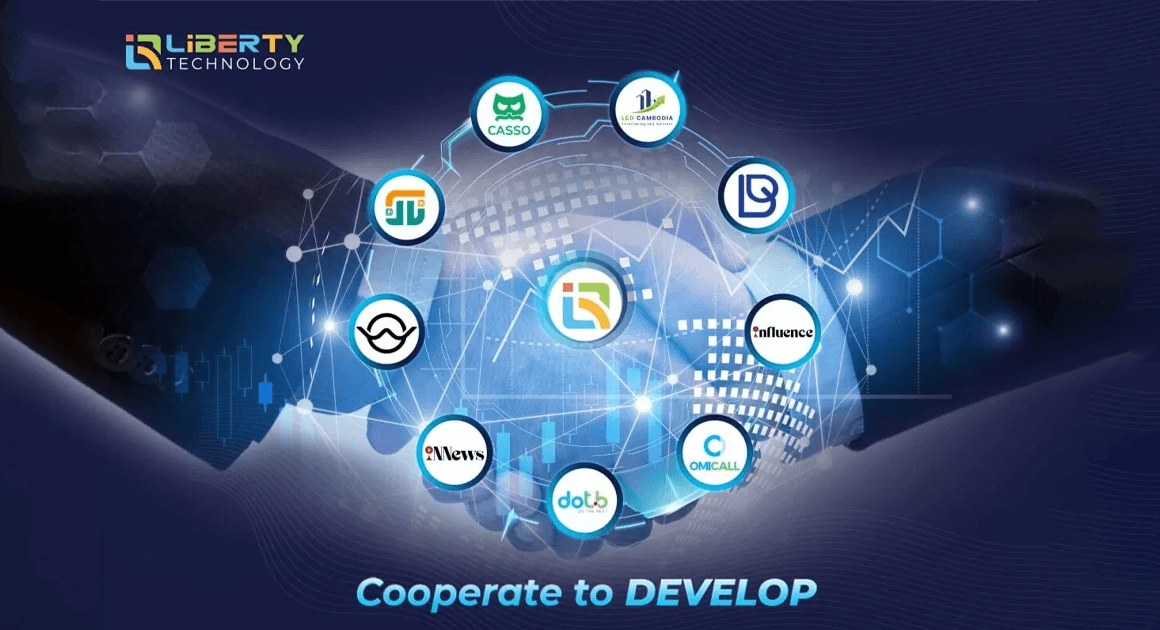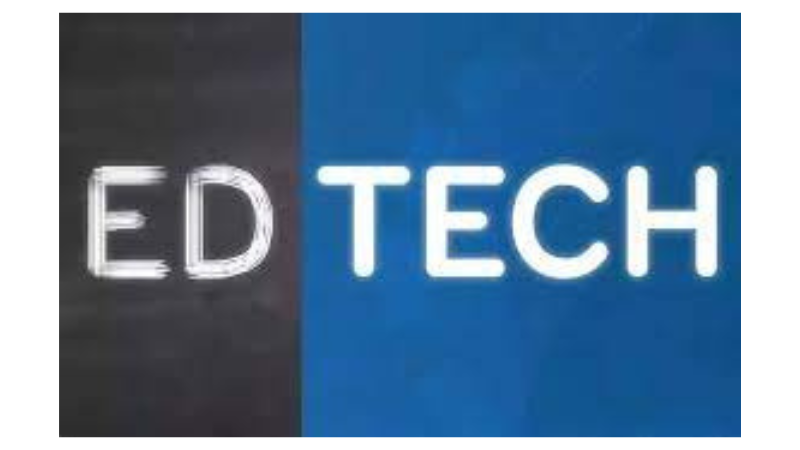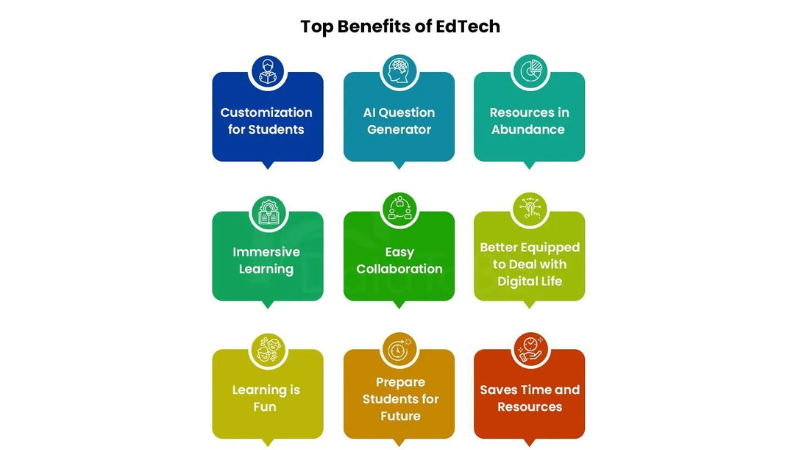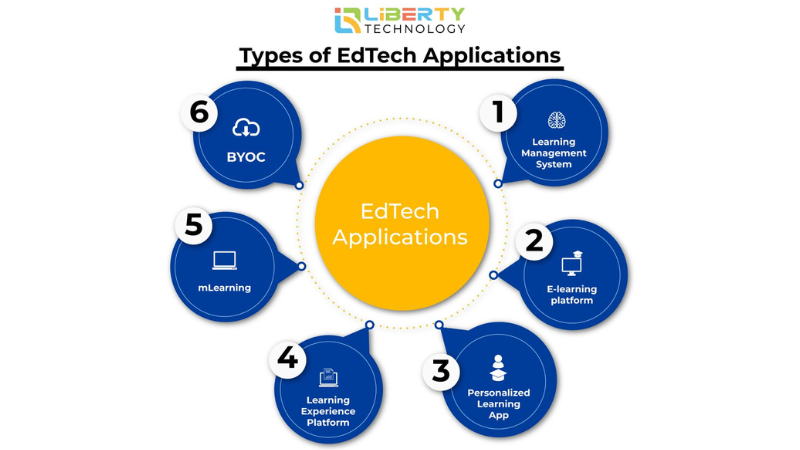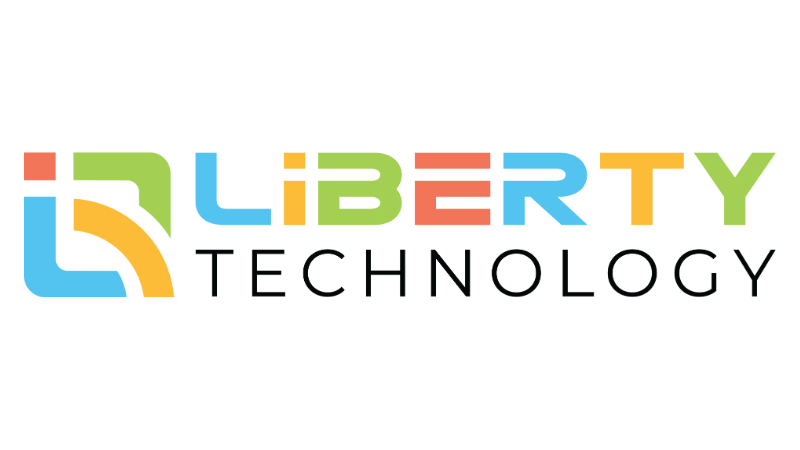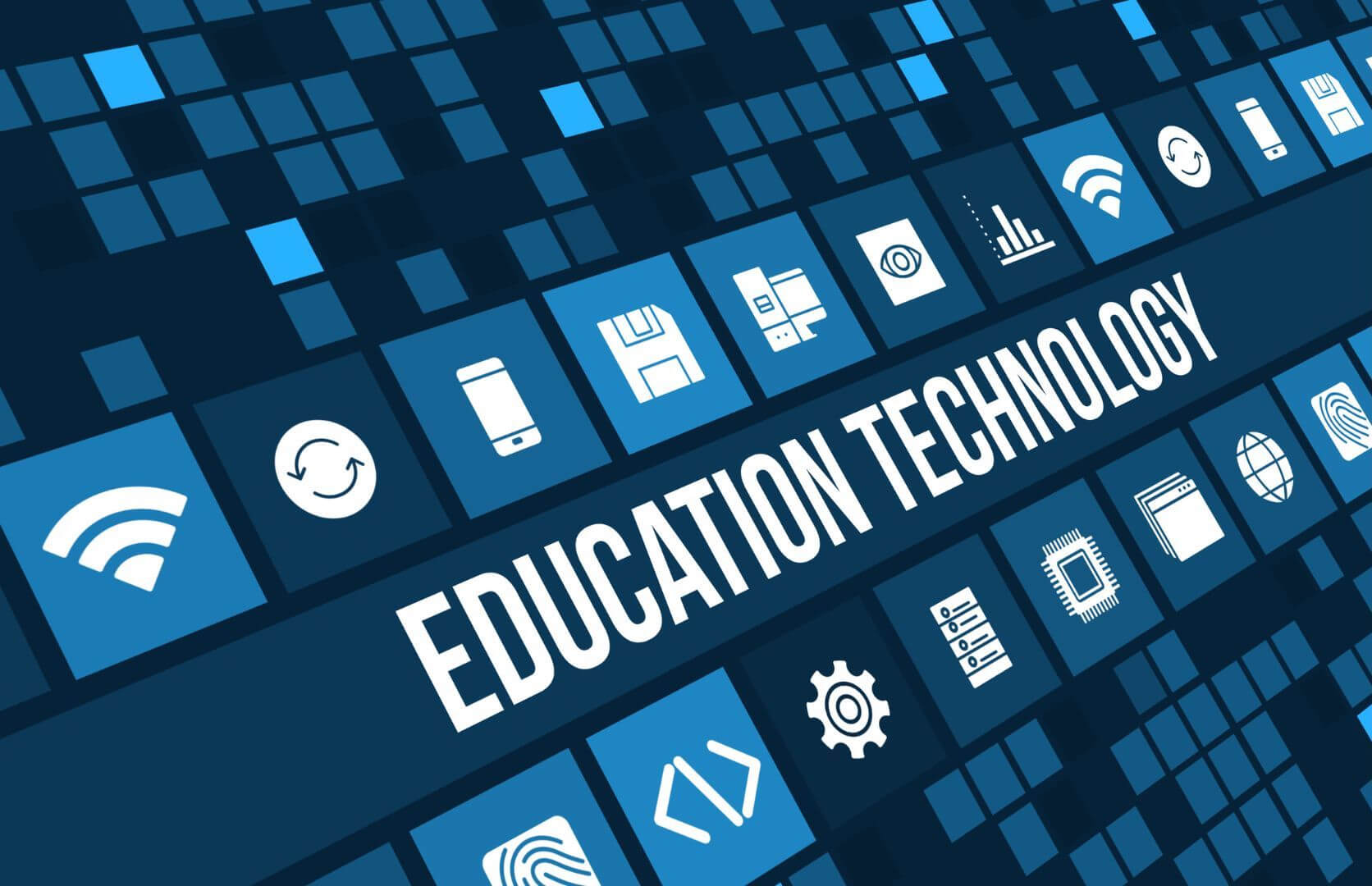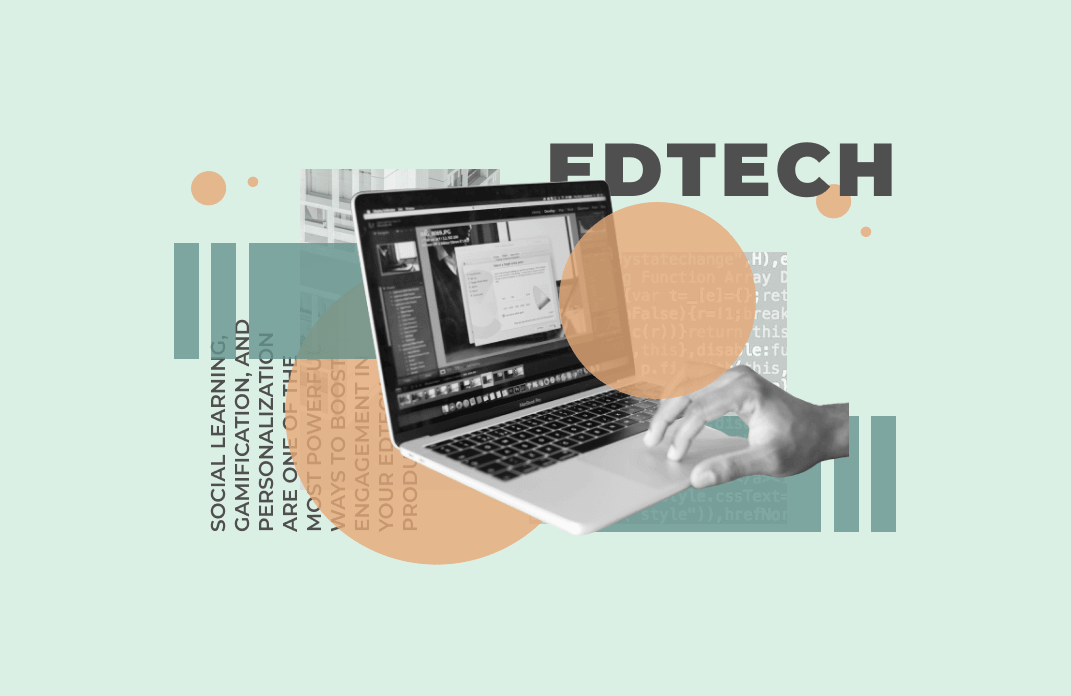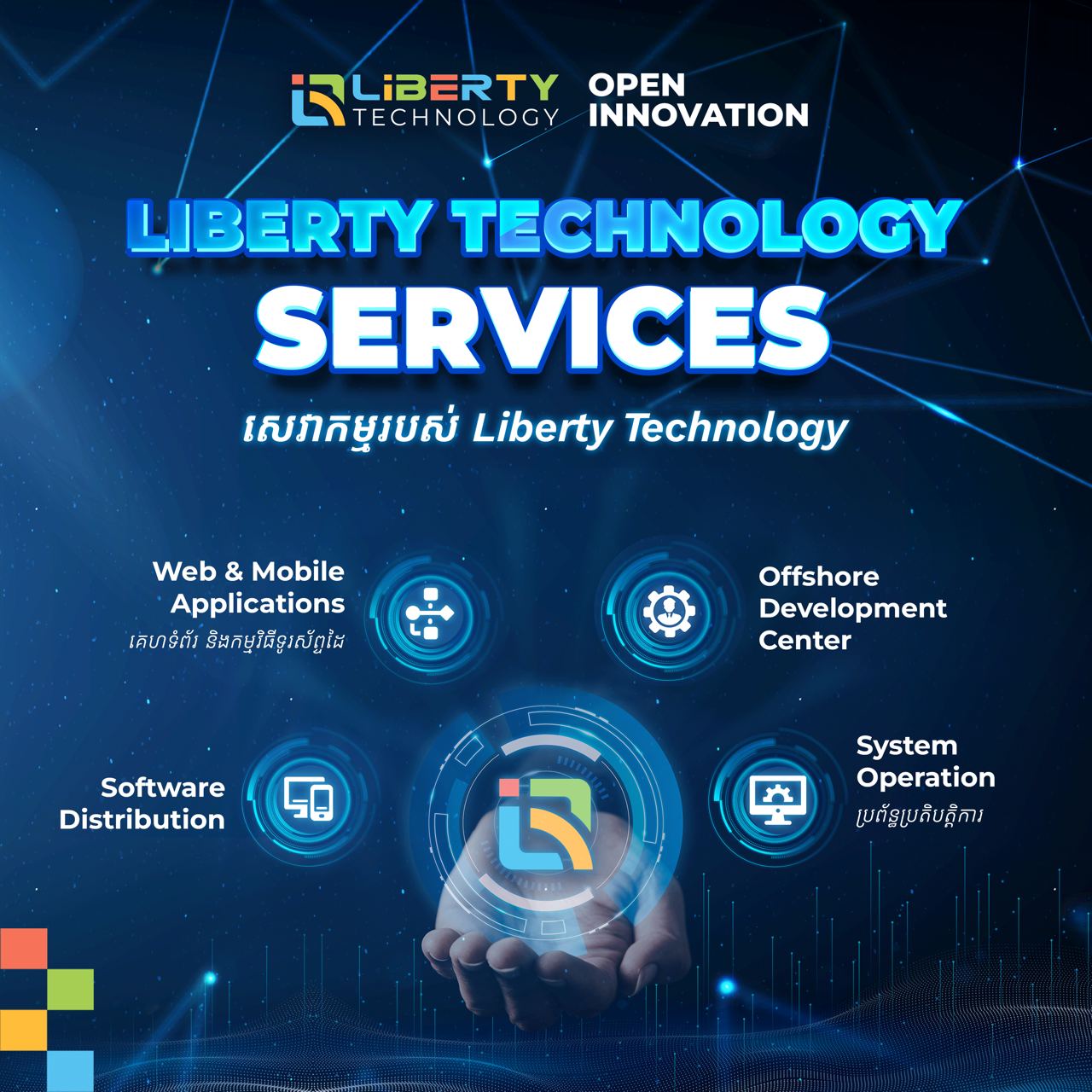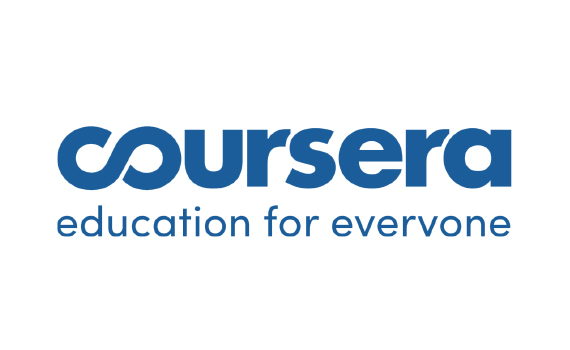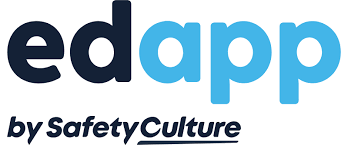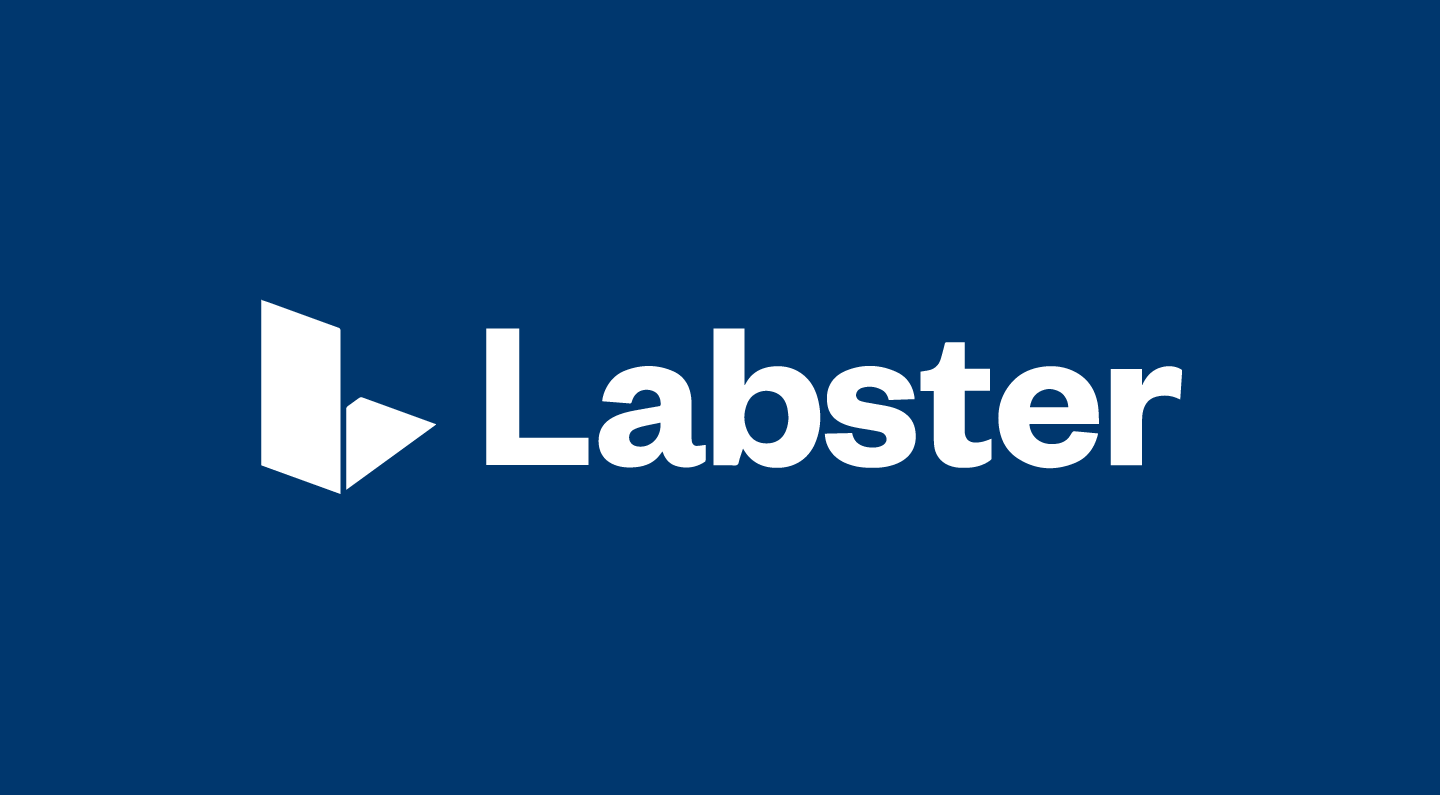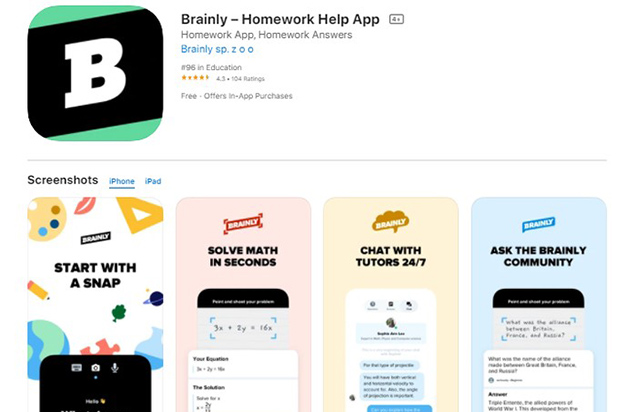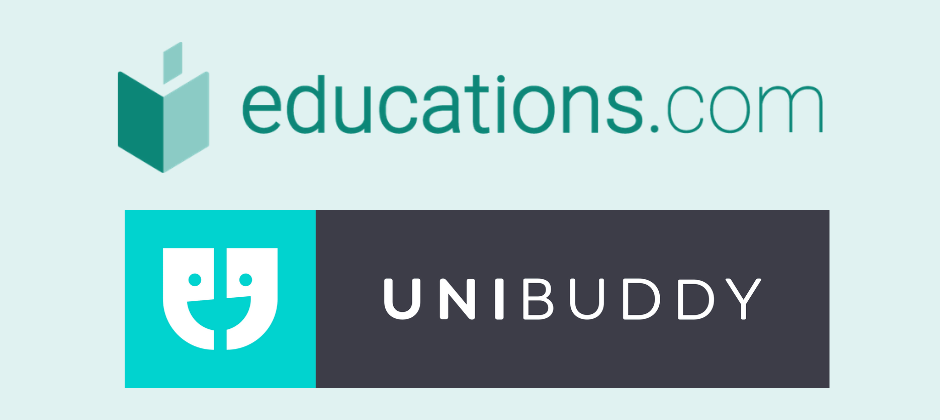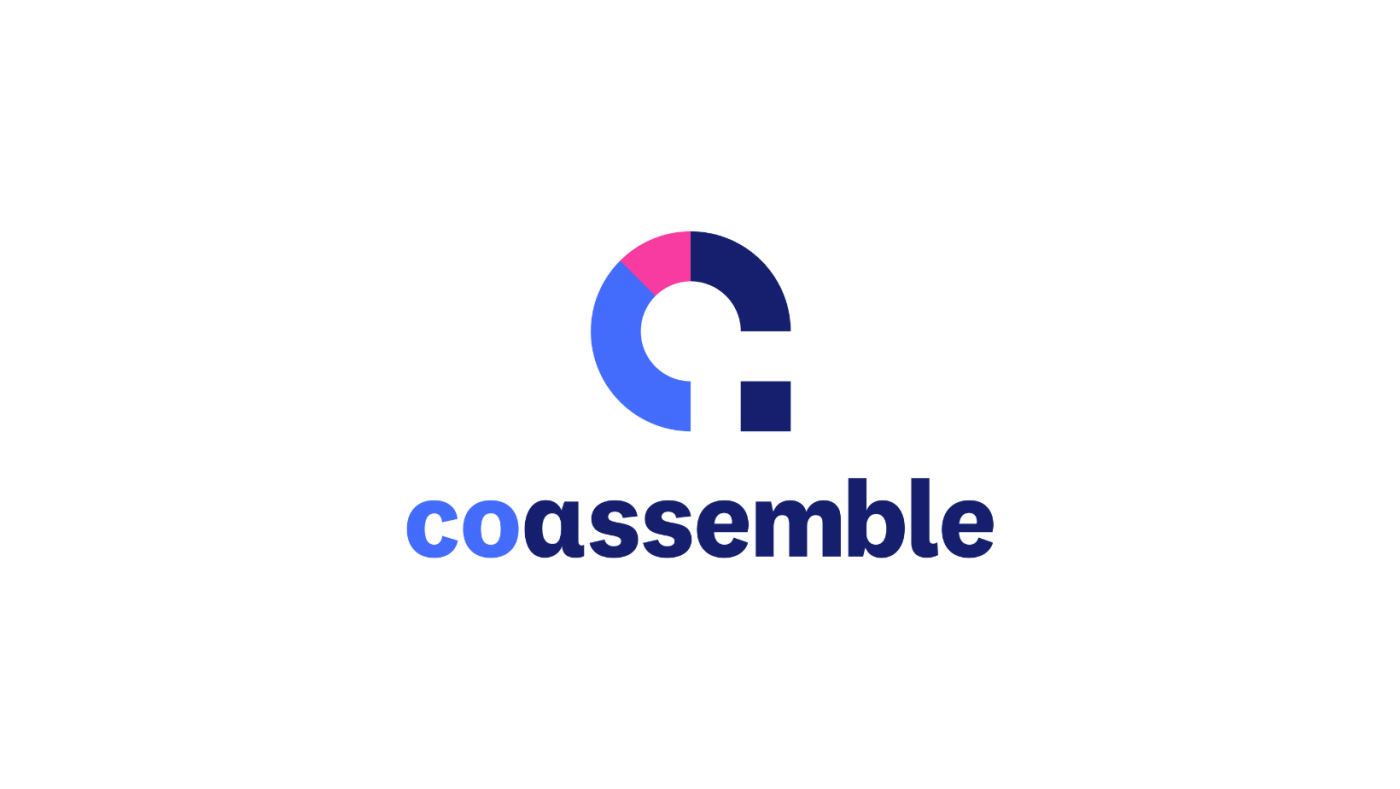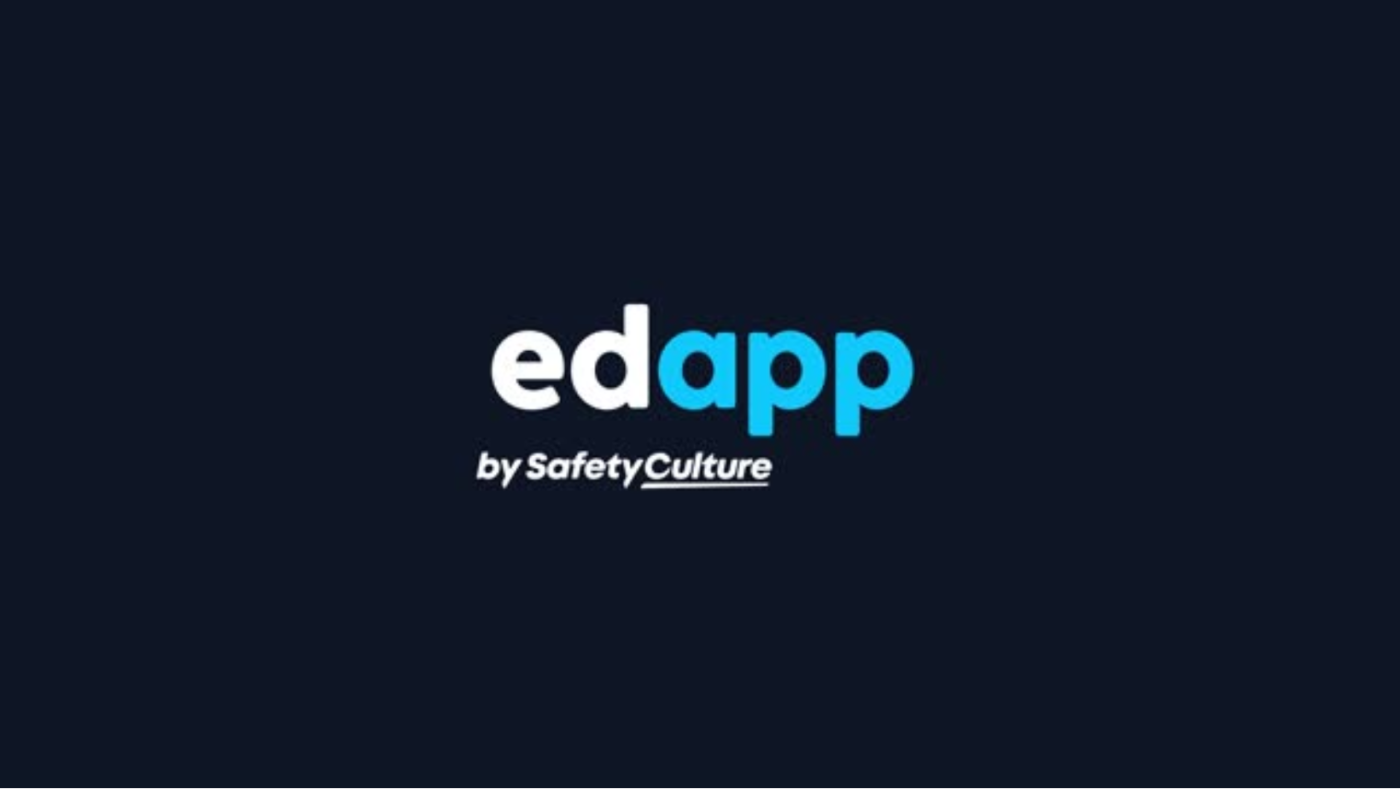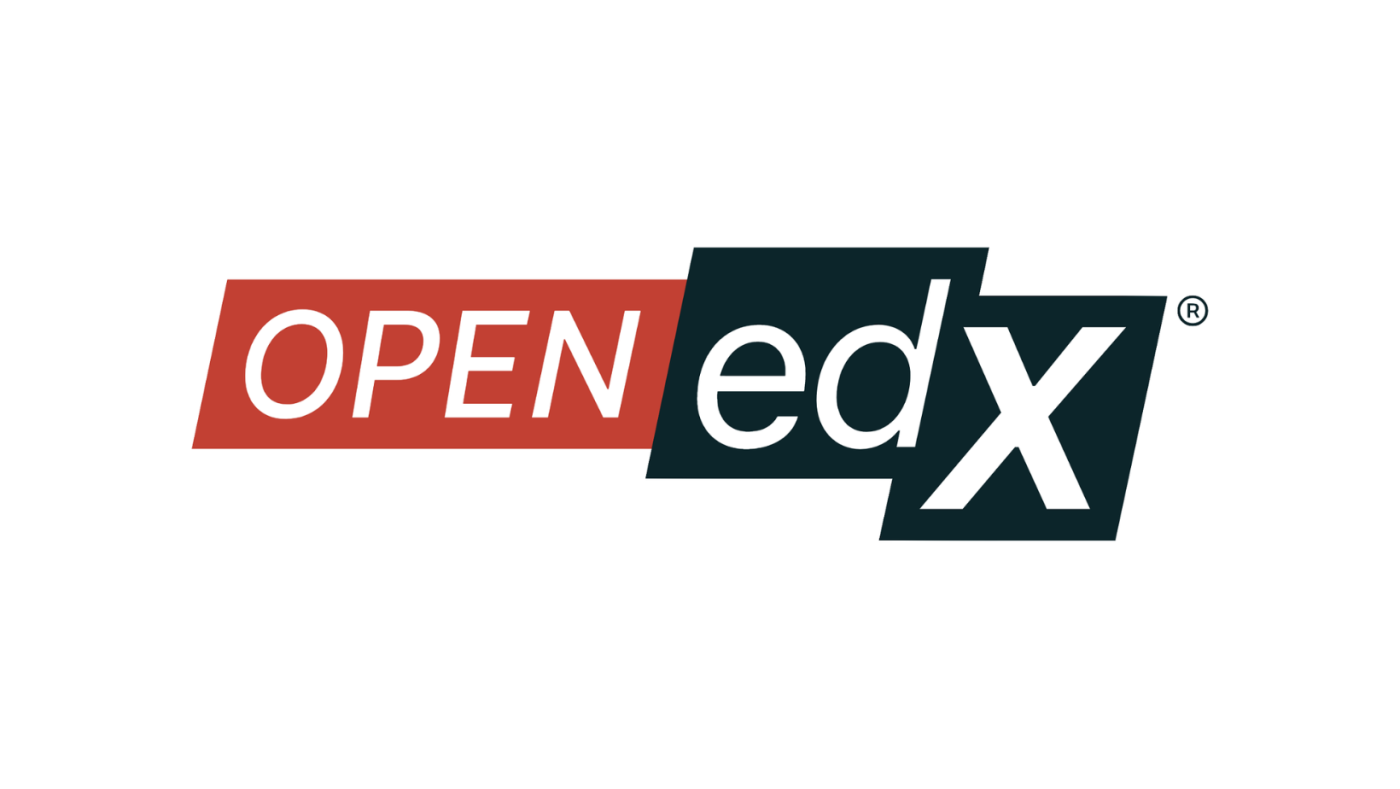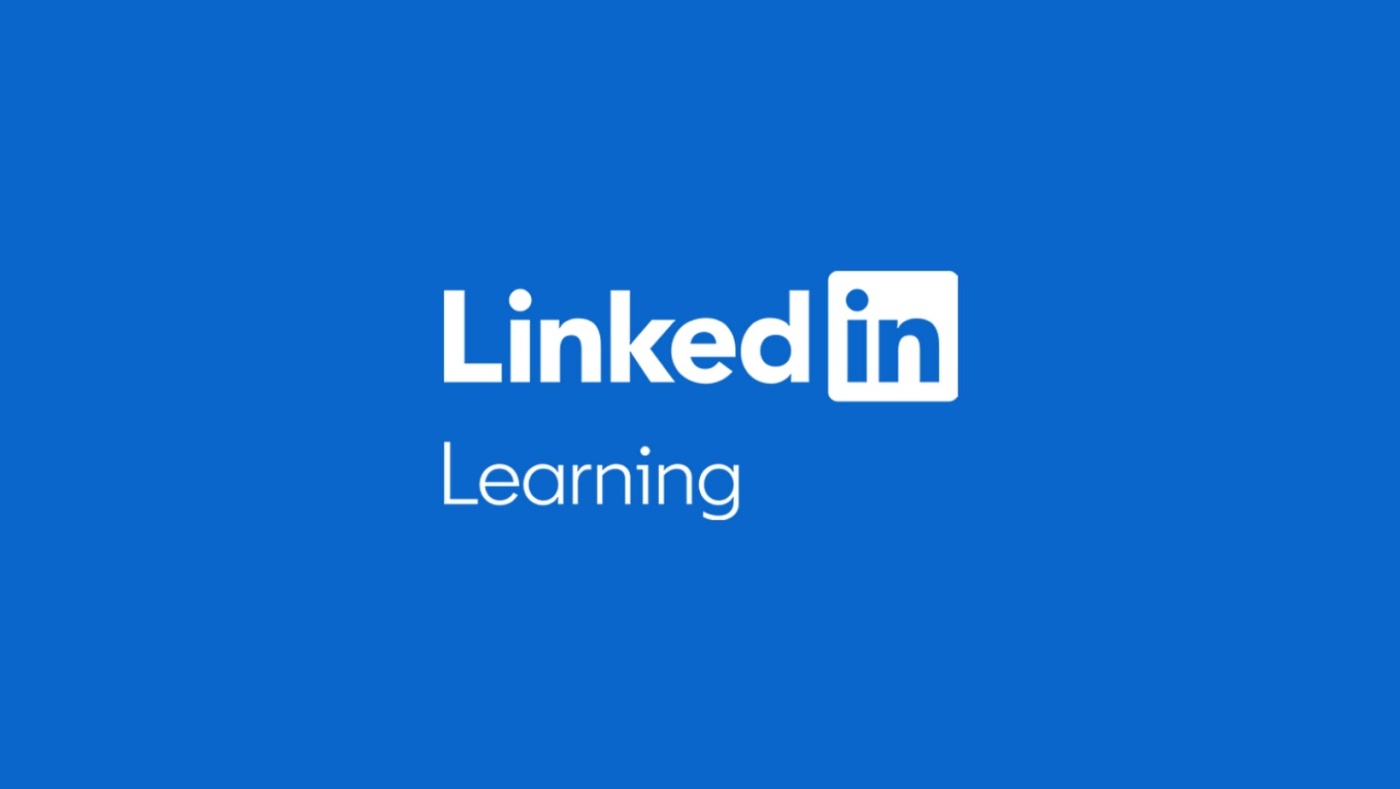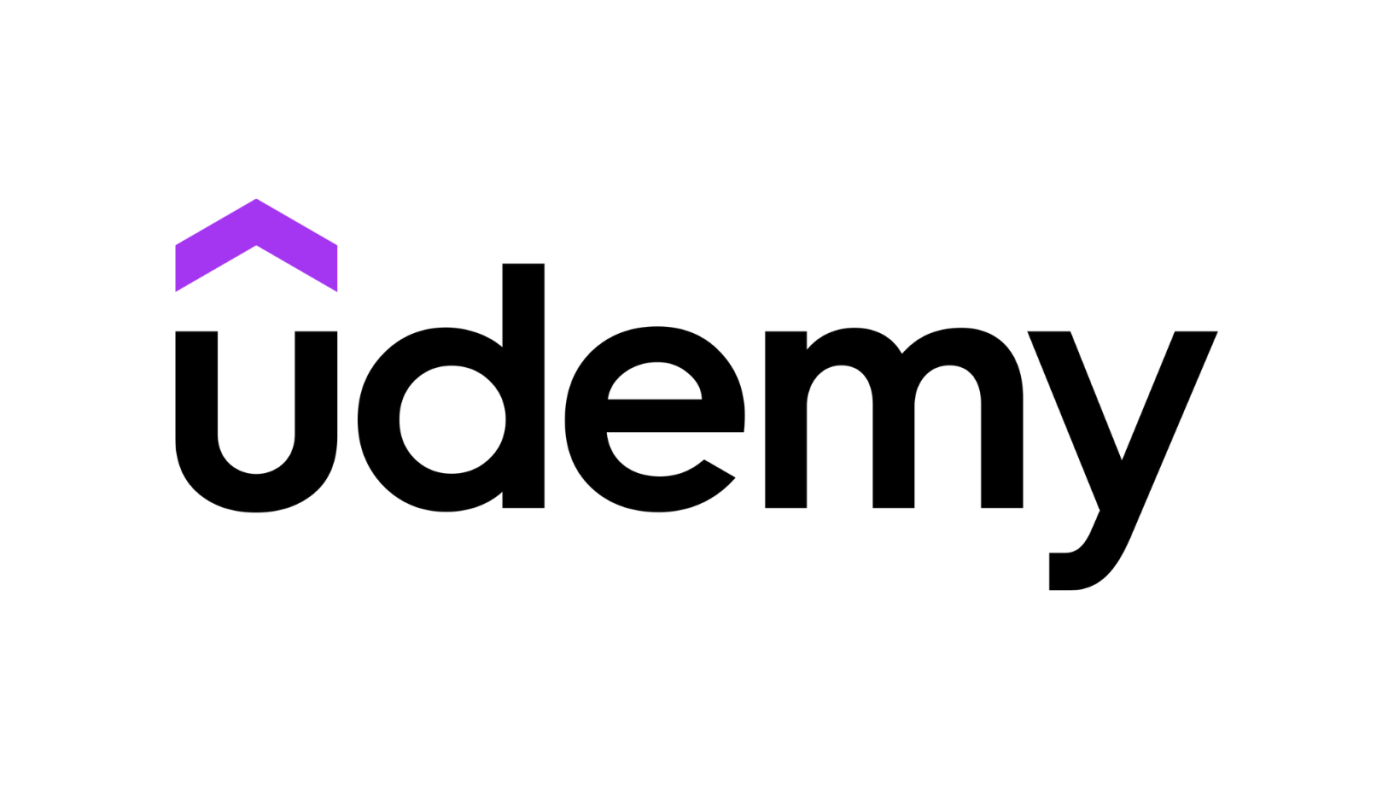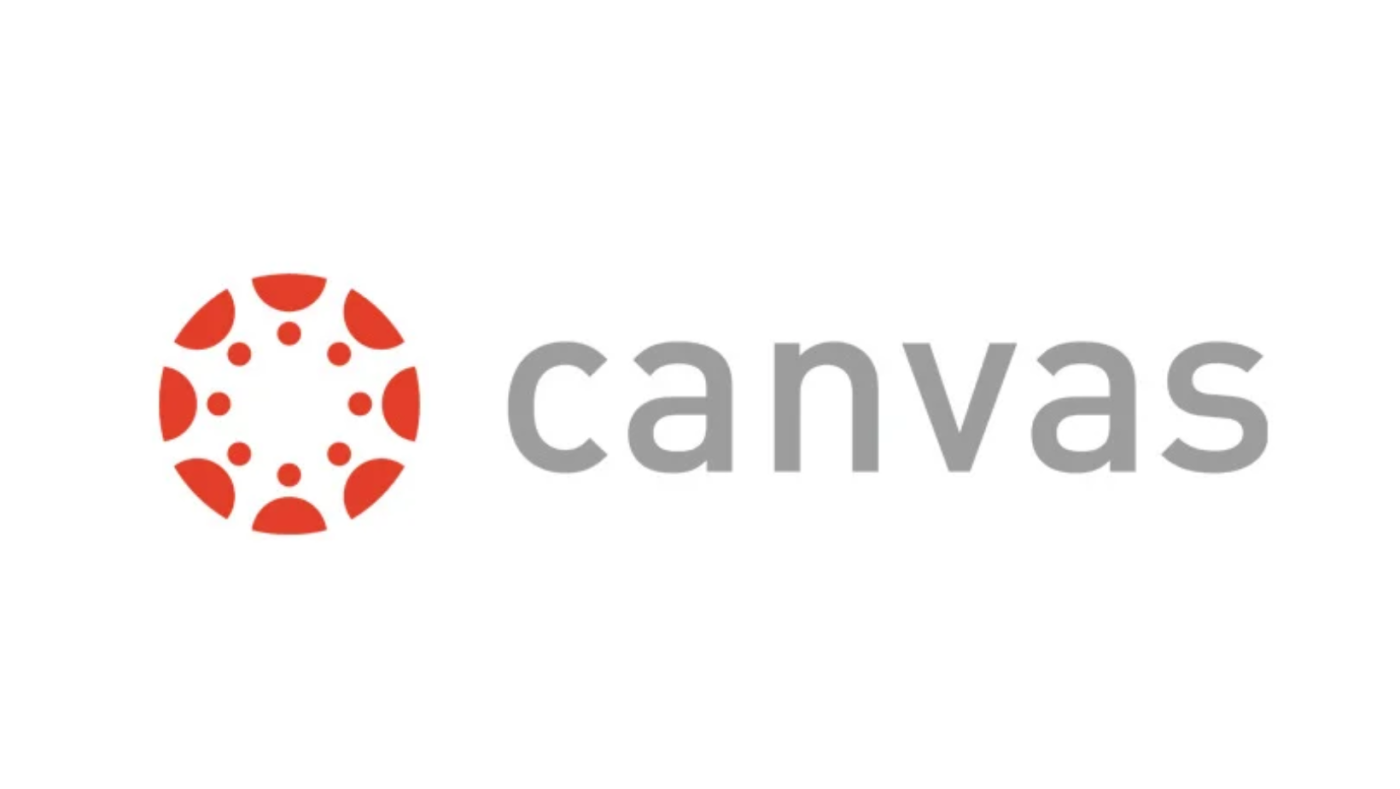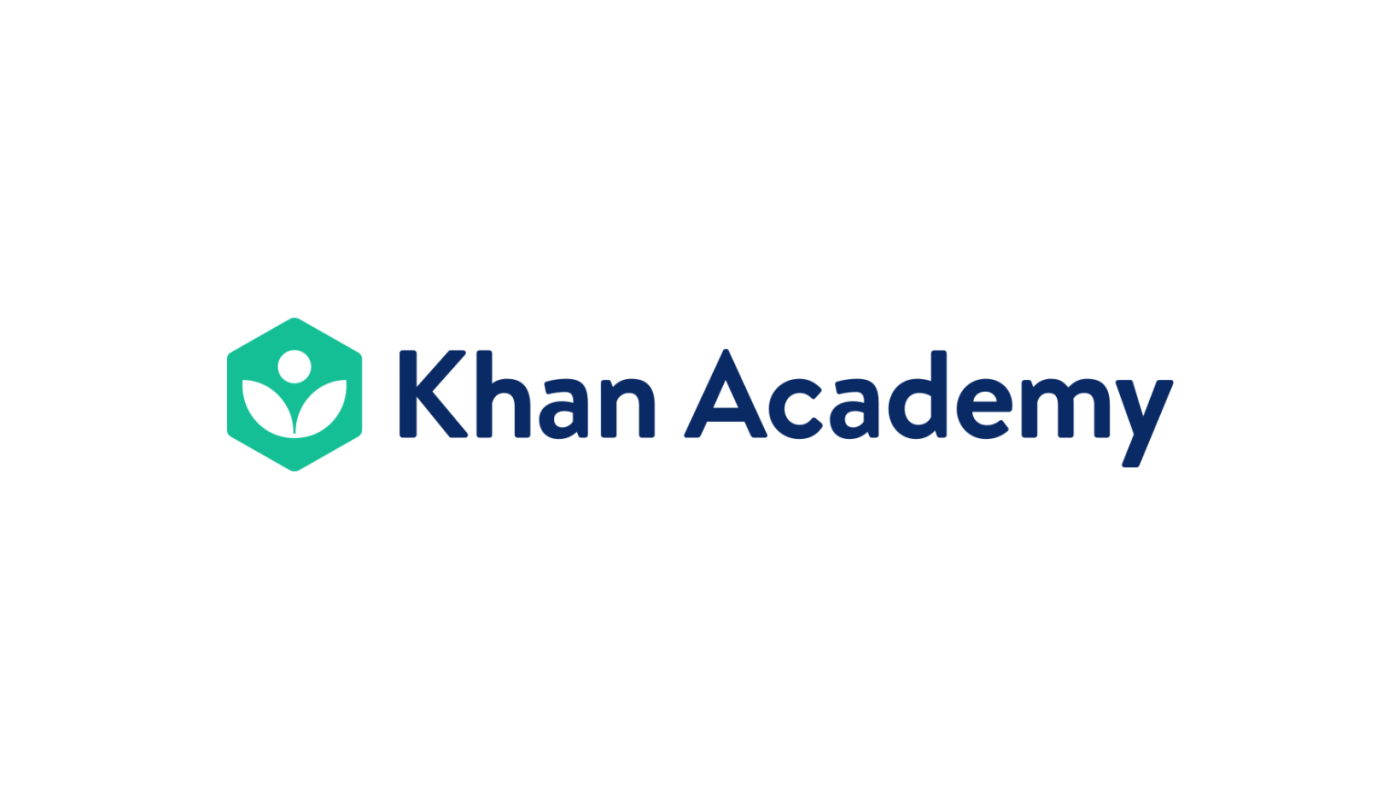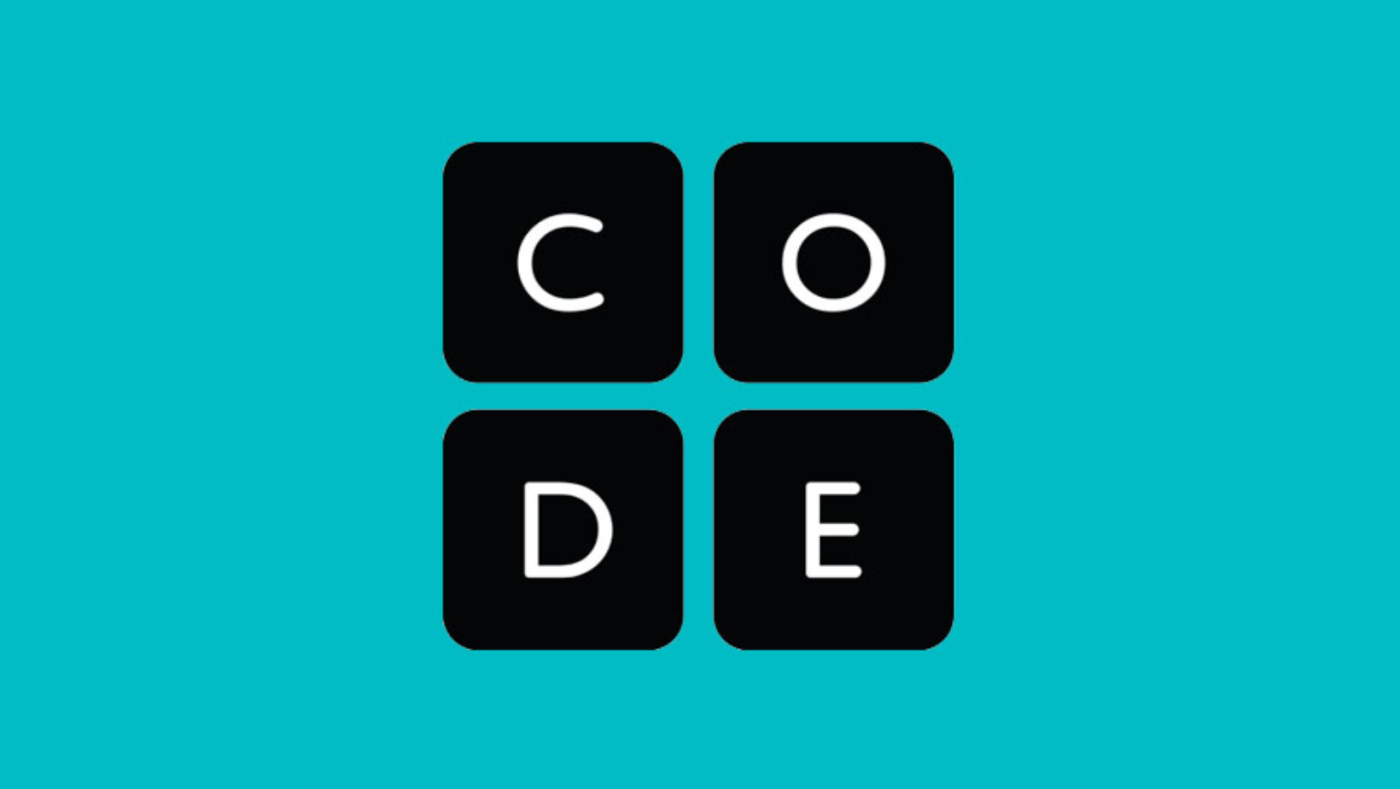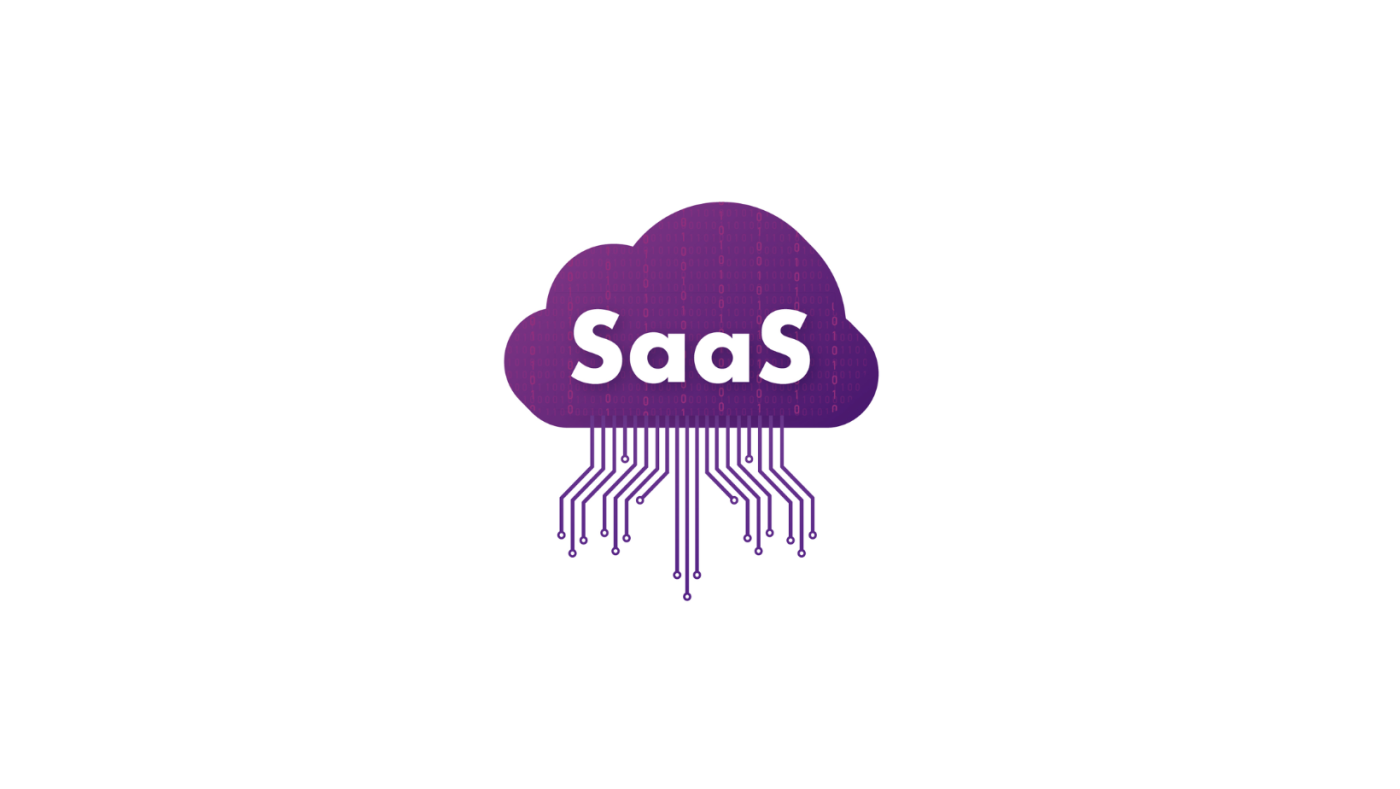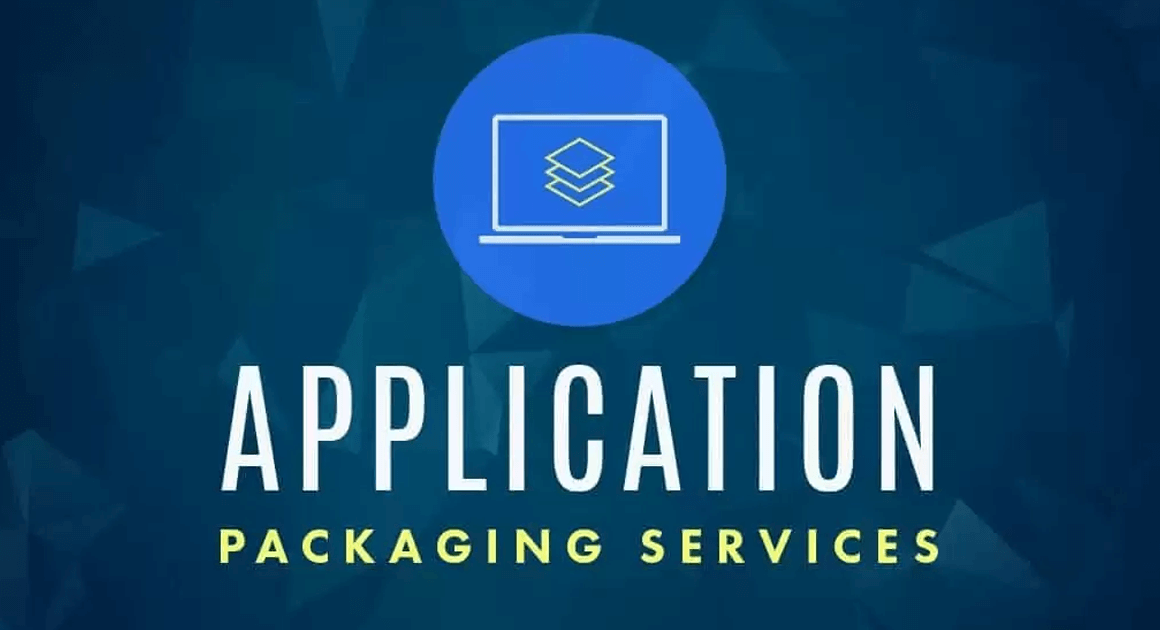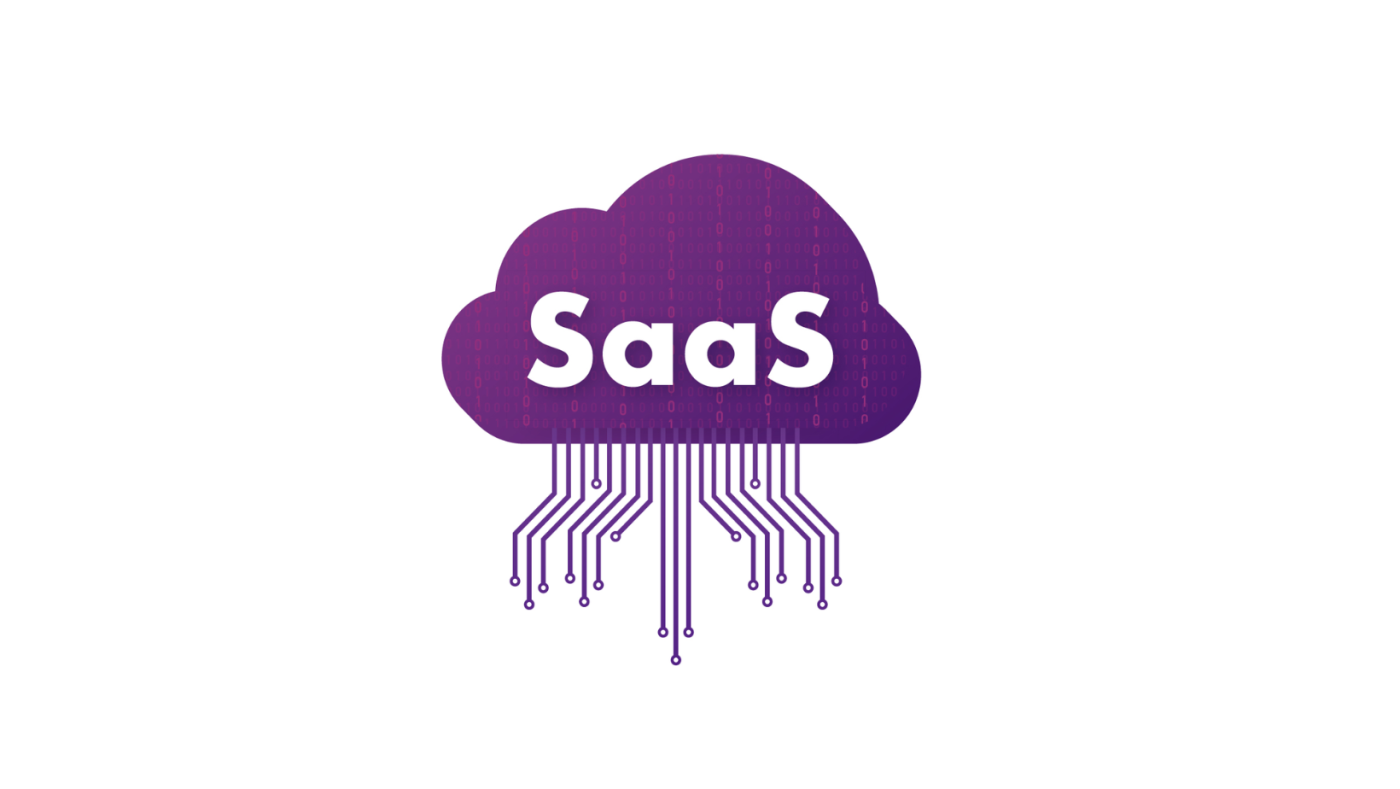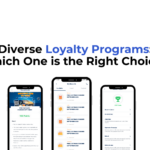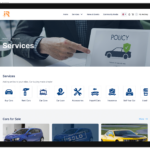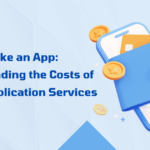Liberty Technology, a pioneering force in the realm of Technology, thrives on the principles of collaboration and sustainable development. Recognizing the pivotal role that partnerships play in fostering business growth, Liberty Technology has forged strategic Memoranda of Understanding (MOUs) with an array of distinguished partners spanning diverse sectors such as education technology, real estate, electronic payment gateways, journalism, and marketing communications.
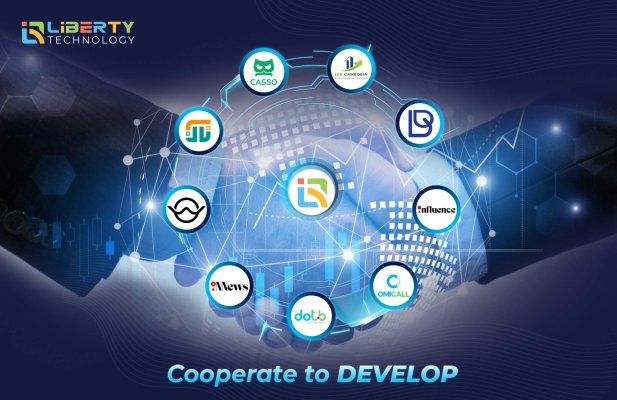
In line with our guiding principle “COOPERATE TO DEVELOP,” Liberty Technology endeavors to redefine the technological landscape. Our collaborative approach is founded on the belief that by working together, we can create smarter, faster, and more accessible tech solutions that transcend boundaries and open up new possibilities for the future. Liberty Technology’s Dynamic Collaborative Network Across Software Distribution, Human Resources, IT, and Marketing Communication Partnerships.
Edtech Advancements with DotB
Liberty Technology is thrilled to unveil a pioneering partnership with DotB, a trailblazing force in the Edtech sector. This collaboration is poised to revolutionize educational technology, ushering in an era of innovative solutions that cater to the evolving needs of learners globally. Together, we aspire to reshape the landscape of education, providing cutting-edge tools and platforms for a more interactive and engaging learning experience.
Elevating Real Estate Operations with PiHome
In the domain of Real Estate Management and Operation, Liberty Technology solidifies its commitment to technological advancement through a strategic collaboration with Pi Platform (PiHome). This collaboration is set to infuse urban development projects with state-of-the-art technology, envisioning smart cities that prioritize sustainability, energy efficiency, and enhanced urban living experiences. Say goodbye to paperwork and building management fatigue with PiHome’s hassle-free solutions.
Innovative Payment Solutions with Casso
Liberty Technology joins forces with Casso, a prominent player in financial technology and a trailblazer in the Open Banking trend in Vietnam. This collaboration heralds a new era of online payment solutions, promising to enhance user experiences and contribute significantly to the evolution of the financial technology landscape.
Moving to Local Partnerships, Liberty Technology cements its presence and impact within the regional technology ecosystem:
Empowering Local Technology with OneWorld and Omicall
In the local technology landscape, Liberty Technology fosters dynamic partnerships with OneWorld and Omicall, both renowned for their expertise in developing custom software, websites, and mobile applications. Through these collaborations, Liberty Technology strives to drive local innovation, supporting businesses and entrepreneurs in their technological endeavors.
Cultivating Local Talent with L&D Cambodia, Bondoul
Recognizing the importance of nurturing local talent, Liberty Technology is proud to collaborate with L&D Cambodia and Bondoul to establish a robust human foundation for the business . These partnerships go beyond business transactions; they represent a commitment to providing world-class education, internship opportunities, knowledge exchange, and skill development, thereby striving to create diverse, multicultural communities that are optimal for studying, living, and working.
Media Innovation with Innews and Influence
In the dynamic realm of media, Liberty Technology forges strategic alliances with Innews and Influence. With the support of Innews and Influence, we believe Liberty Technology’s top-notch services and products will effortlessly reach businesses with real needs, making us a leading force in information technology across Cambodia and Southeast Asia.
In summary, through this blog post, we hope you have gained more insight into Liberty Technology’s key strategic partners. We are committed to continuing to strengthen and expand our relationships with existing and new partners moving forward.
For Liberty Technology, these partnerships represent not just business opportunities but a shared vision for sustainable growth. The trust and synergy from these alliances help shape and accelerate Liberty Technology’s future growth in the ever-changing digital landscape

